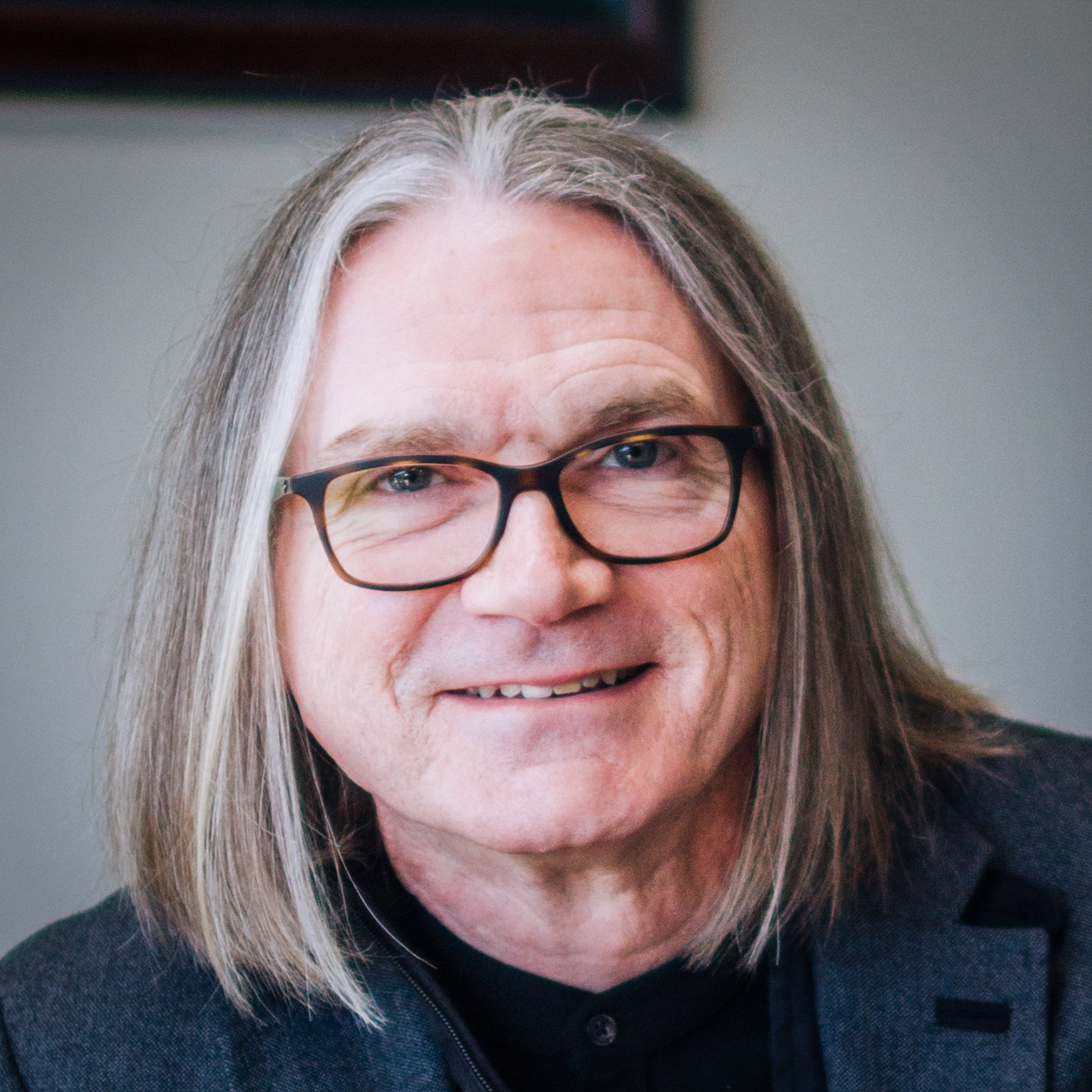
Img: by
Mo Eid
Understanding Dreams
Author: Dr. A. Chris Heath
Psychoanalyst Dr. A. Chris Heath writes about the value of attending to our dreams - and why the most powerful dreams lead to thoughts that surprise us.
What do we glean from our dreams? In a recent dream of mine, I was in a session with my psychoanalyst, who I haven’t seen in waking life in over 10 years. In the dream, she told me that I was having difficulty with my biological drive to do too much, to stay busy. She told me that for now, I had no hope of containing this drive, and that I needed to start taking a medication (interestingly, an antidepressant), to control this drive. After I woke up, as I was mulling over this dream during the day, I realized, unlike my analyst’s opinion in the dream, I in fact have hope for containing this drive. In reality, I have been too busy, attending to too many tasks from multiple sources. As I realized this aspect of the dream, its hopelessness and defeat turned into hope and improved awareness that I need to set boundaries in a mindful way.
Dream interpretation is subtle and complex. It is not about simple signs, such as snakes meaning sex, or the ocean meaning a mother. It is also not simply a predictive indicator, what you should do. This dream did not mean I needed to go back to analysis, or start on an antidepressant. It also did not simply mean that I needed to eliminate some tasks from my schedule. It was more like I was visited by the ghost of my analysis terminated long ago, reminding me of the lessons I learned about myself. It was also reassuring; like the common dream of not being prepared for an exam from a class you passed in high school decades before, I in fact do know what to do about my schedule that is too busy. But I have to attend to my inner life, the reasons I have allowed myself to be so busy.
The most powerful dreams, upon reflection, lead to thoughts that surprise us. In this way, it is the same as psychoanalysis, or the creation of art, or even the appreciation of awe-inspiring experiences that we encounter in our lives. Dreams take us out of the mundane, the expected flow of life. I did not realize how bothered I was by the multiple obligations I have. The reasons I accept obligations have in part to do with my definition of myself, and my perception of others. These things are flexible; with insight I can change them. But it takes awareness of one’s sense of one’s self to make change possible. And that definition of self is like a computer operating system, running invisibly under the surface, until a window is opened up so the assumptions one is making can be seen. I can start saying “no” to obligations, but that does not change my default of saying “yes”. What I needed to do is remind myself why I am accepting obligations, and decide consciously if that is what I want.
Dreams open a window into our inner workings. But they speak a different language than our usual internal self-talk. So to understand a dream, we have to hold it in our mind, and let our unconscious tell us what it means. Remembering it is one thing, but also to allow ourselves to think about the dream during the day is critical. What do the images, the storyline, remind us of? What comes to mind? Are the emotions of the dream reminiscent of an experience? Is it something to not forget? A loss to be grieved and accepted?
A patient told me of a dream. In it, the patient couldn’t find the right door. His key would not fit, until he finally found the correct one. As I helped him think about the dream, what came to mind was an association to a theatrical play, in which keys played a part. And in that play, through the door was a theater, where yet another play was about to begin. This play inside the play, again coming to his mind spontaneously, was about an adventure. One with which he richly identifies. The adventure is the life he can, and is beginning to, have, despite his fears. So his dream is symbolic of the work we are doing, especially the newfound insights he is having recently. It is a threshold. And it is acknowledgement of the exciting work we do together, a door he can open.
So as you wake up from your next dream, hold on to its imagery. What comes to mind as you do? Not just in the moment, but during the day as it comes back to you. Perhaps you can be surprised by the new view of yourself that you can begin to gain.
 Dr. A. Chris Heath
Dr. A. Chris Heath is a psychiatrist and psychoanalyst. He is Chair of External Communications at the International Psychoanalytical Association, and Member of the Committee on Psychiatry and Media of the Group for the Advancement of Psychiatry. He creates videos about how your mind works. He has a YouTube Channel, HeathMD:
http://www.youtube.com/c/FreudaliciousMind and his TikTok channel is @achrisheathmd
https://www.tiktok.com/@achrisheathmd

Return to
Everyday Psychoanalysis Blog